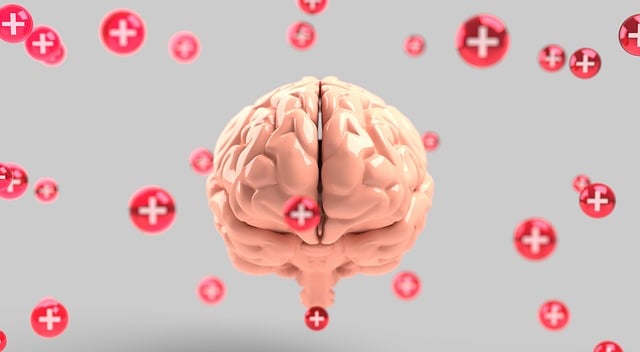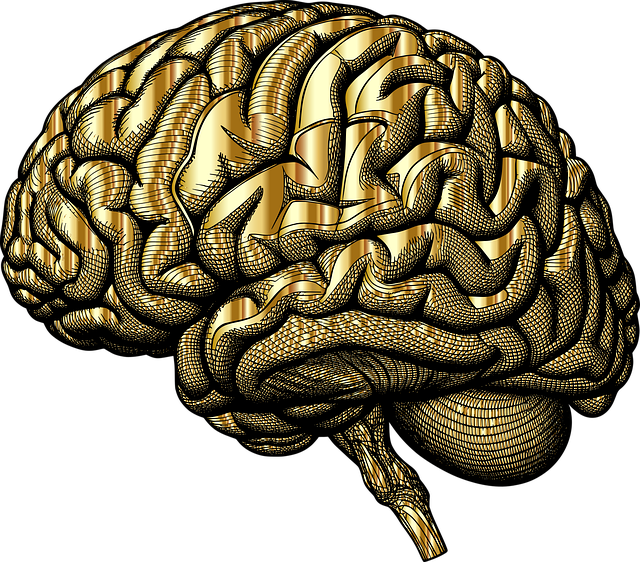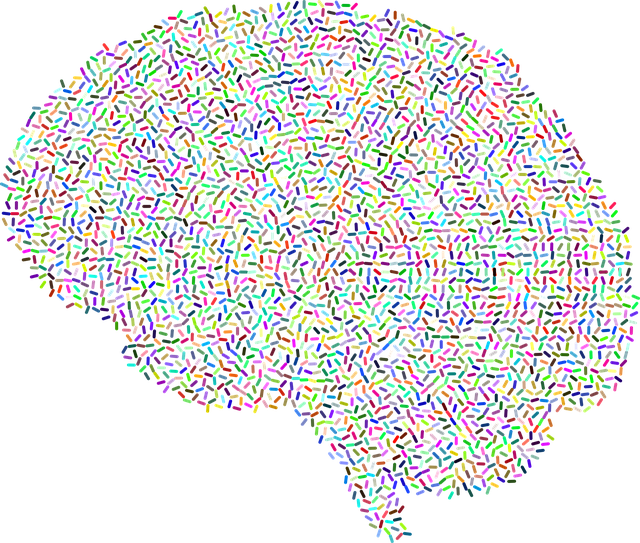In Colorado Springs, addressing the mental health needs of the Russian-speaking community requires a culturally sensitive approach due to language barriers, stigma, and limited tailored services. Program designers should focus on public awareness campaigns, encouraging open conversations about mental well-being, and bridging cultural expectations with professional support-seeking. Tailoring services for Russian-speaking therapy settings enhances accessibility and effectiveness in mental health education. Using evidence-based practices with Emotional Intelligence as a core component, these programs aim to build trust, engage participants, and empower them to manage their mental well-being while respecting cultural boundaries. Success is measured through attendance, satisfaction, and improvements in mental health over time.
In Colorado Springs, the mental health landscape is enriched by a focus on culturally sensitive education, particularly within the Russian-speaking community. This article explores the design and implementation of an innovative therapy program tailored to address unique cultural needs and barriers. Through assessing community dynamics, we craft a comprehensive curriculum that builds trust and engagement. By integrating evidence-based practices, our strategy ensures effective mental health education for Russian-speaking individuals in Colorado Springs.
- Assessing Cultural Needs and Barriers in Colorado Springs Russian-Speaking Community
- Designing a Culturally Sensitive Mental Health Education Program
- Key Components for Effective Programming: Building Trust and Engagement
- Evidence-Based Practices and Techniques for Mental Health Education
- Implementation Strategies and Measuring Success of the Russian-Speaking Therapy Program
Assessing Cultural Needs and Barriers in Colorado Springs Russian-Speaking Community

In Colorado Springs, the Russian-speaking community presents unique cultural considerations when designing mental health education programs. Assessing these needs is vital to ensuring effective support for individuals seeking therapy and emotional healing processes. Many within this community may face barriers stemming from language differences, cultural stigma surrounding mental health, and limited access to services tailored to their specific needs. Overcoming these challenges requires a nuanced approach that incorporates culturally sensitive practices.
Program designers should consider developing targeted public awareness campaigns to dispel myths and encourage open conversations about mental well-being. By fostering understanding and promoting coping skills development, initiatives can help bridge the gap between cultural expectations and seeking professional support. Tailoring services to address these unique challenges will improve accessibility and ultimately enhance the effectiveness of mental health education in Colorado Springs Russian-speaking therapy settings.
Designing a Culturally Sensitive Mental Health Education Program

When designing a mental health education program, particularly one catering to diverse communities like Colorado Springs’ Russian-speaking population, cultural sensitivity is paramount. It involves understanding and incorporating the unique beliefs, values, and communication styles of the target group. For instance, in a city as culturally rich as Colorado Springs, Russian-speaking individuals may have distinct views on mental health issues due to differences in historical experiences and healthcare systems. Thus, a successful program should include insights into these cultural nuances to foster trust and effective engagement.
To achieve this, educators can employ strategies like incorporating native language materials, inviting cultural experts for workshops, and ensuring a diverse teaching faculty. Risk Management Planning for Mental Health Professionals is also crucial in such contexts to address potential challenges. Burnout Prevention and Self-Awareness Exercises can be tailored to respect cultural boundaries while promoting mental well-being. Ultimately, a culturally sensitive program aims to create an inclusive environment where participants feel heard, understood, and empowered to seek support for their mental health needs.
Key Components for Effective Programming: Building Trust and Engagement

In designing an effective mental health education program, such as those offered by Colorado Springs Russian Speaking Therapy, building trust and engagement are key components. This involves creating a safe and inclusive environment where participants feel comfortable sharing their experiences and perspectives. Culturally competent practices, like those instilled in Healthcare Provider Cultural Competency Training, play a crucial role in fostering trust by demonstrating understanding and respect for diverse backgrounds. By incorporating interactive activities that encourage open dialogue, facilitators can enhance engagement, making learning more dynamic and impactful.
Additionally, integrating topics relevant to stress management, as explored in Stress Management Workshops Organization, is essential. This not only aligns with the program’s objectives but also resonates with participants’ everyday lives. Presenting evidence-based strategies for emotional healing processes can empower individuals to take charge of their mental well-being. Through these collaborative efforts, education programs become transformative experiences that cultivate resilience and promote holistic mental health.
Evidence-Based Practices and Techniques for Mental Health Education

Mental health education programs should be grounded in evidence-based practices and techniques to ensure their effectiveness and impact. One such approach is incorporating Emotional Intelligence as a cornerstone of the curriculum. Teaching individuals to recognize, understand, and manage their emotions can significantly improve mental well-being and foster healthier relationships. This skill set empowers folks to navigate life’s challenges with greater resilience, a key component in enhancing inner strength development.
Additionally, programs should address cultural competency among healthcare providers serving diverse communities, such as those offered by Colorado Springs Russian Speaking Therapy. By providing training focused on understanding cultural nuances, providers can create safer and more welcoming environments for individuals from various backgrounds. This tailored approach not only ensures the delivery of culturally sensitive care but also promotes better patient outcomes and satisfaction.
Implementation Strategies and Measuring Success of the Russian-Speaking Therapy Program

Implementing a Russian-speaking therapy program in Colorado Springs requires strategic planning to ensure its effectiveness and success. One key strategy is community engagement, where local organizations, schools, and cultural centers collaborate to promote mental health awareness among Russian-speaking residents. This can include workshops, informational sessions, and peer support groups tailored to the specific needs and cultural nuances of this demographic.
Measuring the impact of such programs is essential for evaluating their success. Metrics could include tracking participant attendance, satisfaction levels, and improvements in mental health indicators over time. Surveys, feedback forms, and personal narratives can provide qualitative data on resilience building and overall well-being. By combining these strategies, Colorado Springs can develop a robust Russian-speaking therapy program that fosters mental health education and supports the unique needs of its diverse community.
The design of a culturally sensitive mental health education program, such as the one tailored for the Colorado Springs Russian-speaking community, requires careful navigation through diverse cultural needs and barriers. By assessing these factors, implementing evidence-based practices, and employing successful implementation strategies, programs like Colorado Springs Russian Speaking Therapy can foster trust, engagement, and positive outcomes. This holistic approach ensures that mental health education is accessible, culturally relevant, and ultimately life-changing for all community members.












